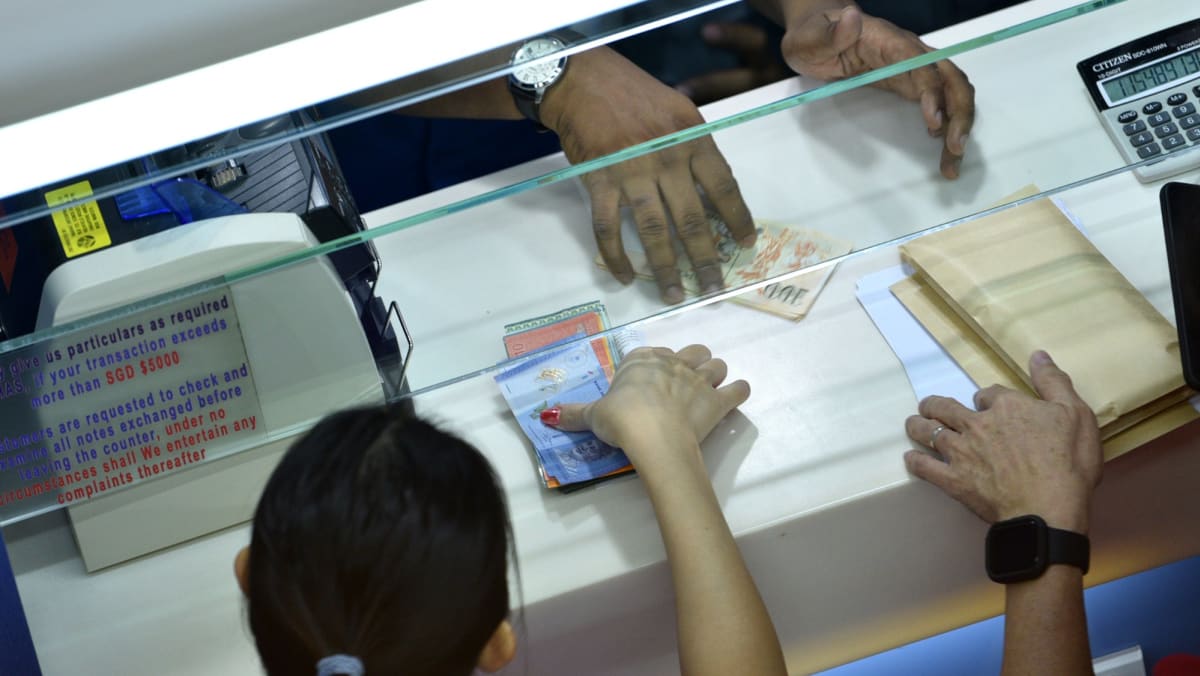
But there are also downsides to using apps and multi-currency cards. In the event of the loss or theft of our belongings, we would have to go through the process of cancelling credit cards or freezing accounts. Then there is the risk of data hack or breach, such as a ransomware attack on the bank such that the card becomes unusable overseas.
Cybersecurity also becomes a concern, when using cards or withdrawing cash in unknown storefront ATMs. We may also not be used to checking for card skimmers in Singapore, but using phony or tampered ATMs can lead to identity theft through cloning of cards, particularly in countries with lax regulation and limited penalties for cybercrimes.
Travellers who arrive home may also be stuck with unused foreign currency with a multicurrency debit card, given restrictions for using an ATM locally and fees to convert to domestic currency.
CHANGE IS ON THE HORIZON
The money exchange business will still need to adapt to the changing times despite some of the advantages of cash. How can money changers respond to technological disruption laying a siege on their business model?
Money changers can consolidate using aggregator services by going digital, getting recommendations by advertising their exchange rates. While travellers expect the money changer rates to be at par with the live interbank rate, there is uncertainty about what the actual rate is before we head down to join the queue.
They can also seek to be accessible online round the clock, provide low-cost remittance services, offer micro-investments in commodities like gold and enable smaller ticket purchases, including other travel services like booking of no-frill flights or inexpensive hotels that might not be readily available online.
